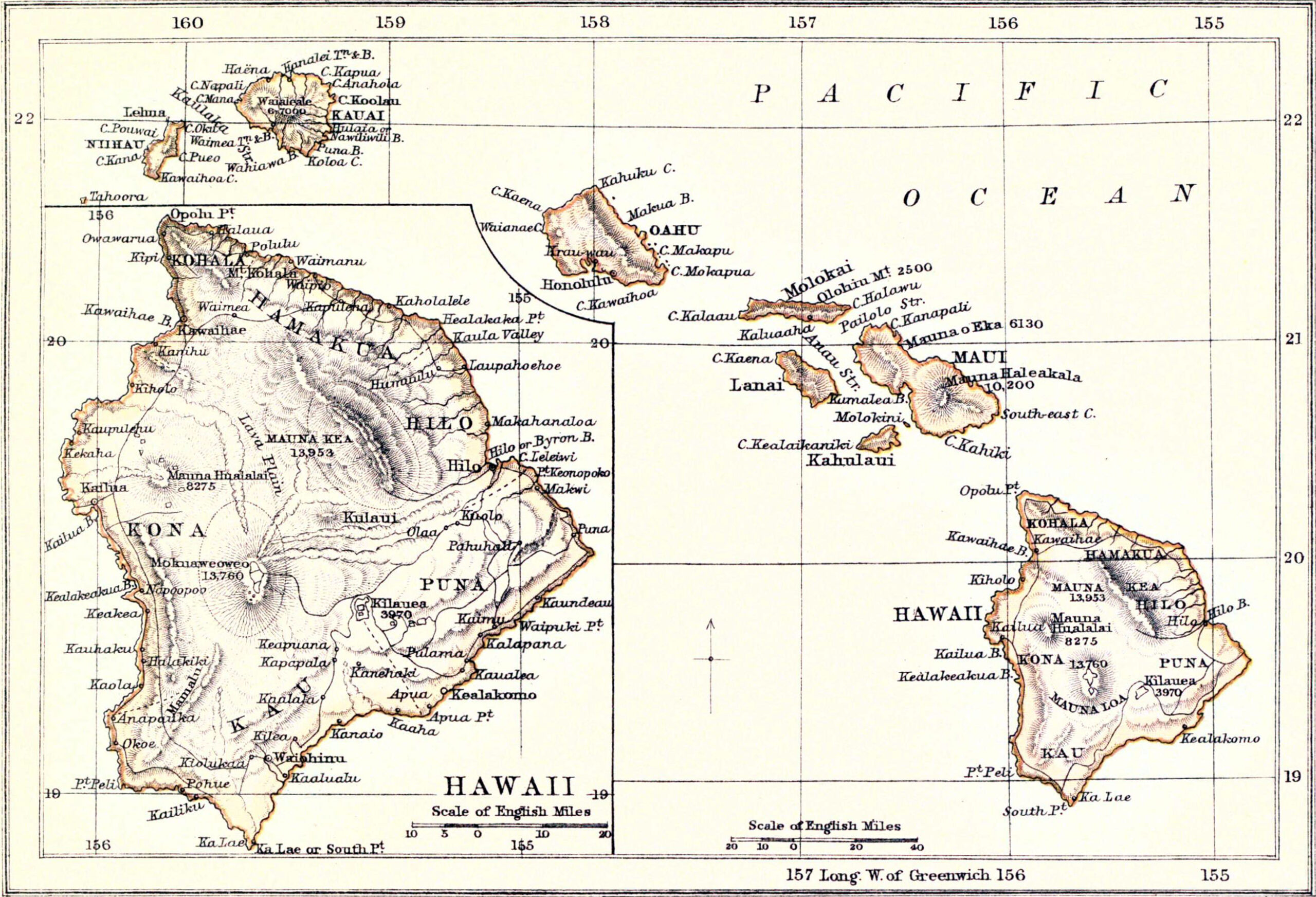By now, most readers have probably heard of the Hawai’i Supreme Court’s February 7th decision in State of Hawai’i vs. Christopher L. Wilson. In its 53-page ruling, the court declares that the right to carry a firearm for self-defense, guaranteed by the Second Amendment and reinforced by SCOTUS rulings in Heller and Bruen, is overridden by the “spirit of aloha,” whatever that means. Legal scholars and Second Amendment pundits have already written ad nauseam about the bizarreness of the ruling, so in this blog post, I aim to discuss its greater implications for those of us living in the rest of the U.S.
While we all surely disagree with any court ruling against the right to keep and bear arms, the most important thing about the Wilson ruling has nothing to do with concealed carry or gun control—in fact, at the end of the ruling, the court acknowledges Bruen. When the Wilson case is remembered by future constitutional law scholars, it will be for the state court’s overt attempt to override federal law and the rulings of a higher court.
Page 51 states that “the spirit of Aloha clashes with a federally-mandated [sic] lifestyle that lets citizens walk around with deadly weapons during day-to-day activities.” With this sentence, the court rejects the Second Amendment on the basis of an idea that is not codified into law and therefore cannot be considered legally binding like a constitutional amendment or U.S. Supreme Court ruling. It is not uncommon for courts to strike down laws or other court rulings as unconstitutional, but I’m not aware of any other cases of a court implicitly declaring a part of the U.S. Constitution illegal on such shaky grounds.
Though bizarre at many other points, the rest of the ruling appears to follow relatively solid legal reasoning. The court provides other defenses of gun control as constitutional on the basis of historical legal tradition. They really didn’t need to cite the “spirit of aloha” to establish their reasoning, it’s just a ridiculous non-sequitur.
With its ruling in Wilson, the Hawai’i Supreme Court has paved the way for other state courts and possibly state legislatures to abridge constitutionally guaranteed civil liberties with equally weak reasoning. One can easily imagine that California and New York, for example, will be emboldened to continue passing Bruen response bills. After all, if Bruen, Heller, and the Second Amendment itself aren’t good enough to compete with the “spirit of aloha,” what other constitutional rights can they abridge?





Comments